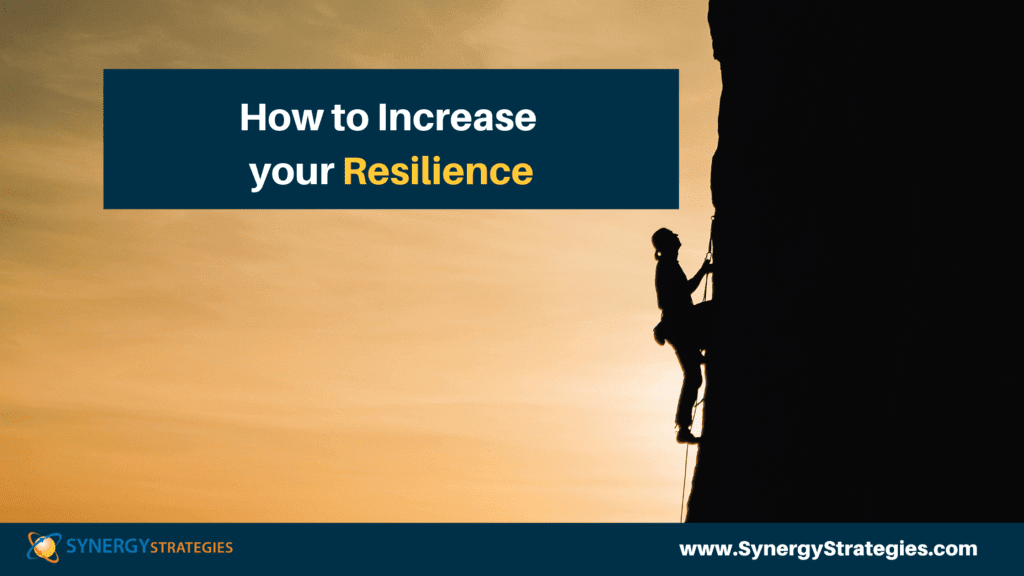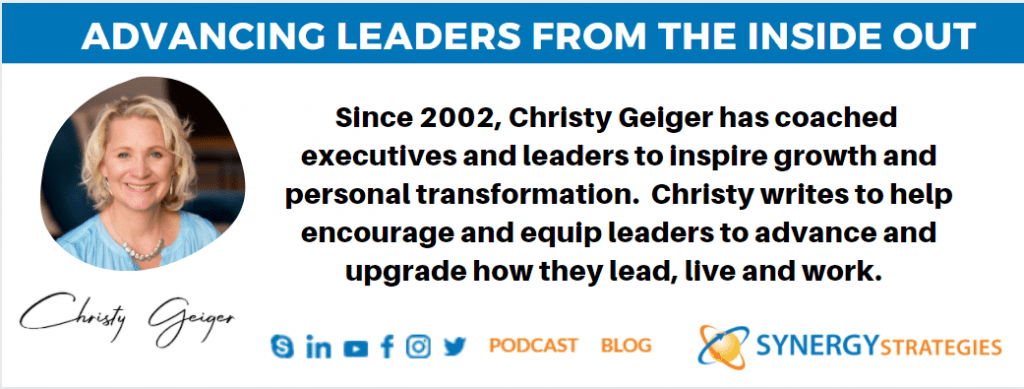We often think about resilience as the ability to bounce back from tough situations and challenges. More broadly and accurately, resilience IS the ability to bounce back and recover faster because we can stay fully charged internally longer, so we handle stress and challenges more easily. When we do get run over, we are able to recover faster because we were not as depleted, and we are less likely to get run over because we have more reserves. It is like the stressed person t-shirt, “I have one hair left and you are on it!”
We can tend to not access our resilience muscle until we need it. Meaning, we are burned out, empty, and drained and we are trying to muster the energy and emotional fortitude to push through challenges and tasks when we have nothing left. We want resilience to be a superpower that will be our backup battery that kicks in. Honestly, some people are amazing with their capacity. They can handle a lot of stress and keep going. How do they do that? Where do they get the energy and the strength?
First, we are human, and humans are not wired to go 24–7. When we are younger, we tend to have more ability to run faster for longer, but we also have less responsibility and stress than we tend to have as we age. In the book, The Power of Full Engagement, performance researchers talk about four areas that impact our ENERGY MANAGEMENT (the ability to have the energy we need to do what we want). They are emotional, physical, spiritual (meaning your purpose and passion), and mental.
The Heart Math Association agrees with these four areas and found that EMOTION is the top area that impacts our ability to be resilient. There are things we can do in each of the four areas to increase our engagement and therefore energy, however, it is important to understand why emotional engagement would be most connected to a lack of resilience.

Essentially emotional stress constantly runs in our background (mind and energy) like a virus trolling our computer. We often think we are dealing with our stress but in our subconscious mind, it is adding weight which impacts our ability to think, process, act and have the resilience we desire. It is why when people struggle with depression they feel as if they can literally do nothing.
Their motivation and energy are gone. It is why when you make a list of tolerations and knock one off a day by the end of 30 days you have energy you have not had. It is why counseling, coaching, and mindfulness all have a place in strengthening our performance. Often it is not about building a skill, rather it is about getting space and clarity so we can make decisions and have clear thoughts. Our emotions have a much greater impact on us than we often give them credit for.
Heart Math continued to look at resilience and has found that really this is about the HEART and SELF-REGULATION. Our heart is one of our centers of our “intelligence” and is influenced by our emotions. Scientists can measure this with heart rate variability. When our mind wants to be calm, but the heart is stressed we are OUT OF COHERENCE. In this state, it is more difficult to manage ourselves and therefore we fatigue quicker.
When we can be in heart and mind coherence, we are able to be more balanced, centered, and calm. This gives us the reserves we need for resilience. This self-management is what Heart Math calls Intelligent energy management. This is critical for reliance because the faster the world goes, the more complexity and challenge there is the more we must allow our mind and body (heart) to be centered so that we can get in coherence and access our greater wisdom.
When we are burned out and our resilience is waning, we must take time to get coherent
To do this requires taking steps we often feel we don’t have time to do. It is like when people are stuck in urgent mode, they feel they just need to move faster and beat the urgent list. They MUST step out of the urgency and take time to do the important thing to get on top of the urgent snowball. People resist doing this because they feel they don’t have time to sit down for an hour and plan, but this is the only way out of an urgent cycle. Likewise, when we are burned out and our resilience is waning, we must take time to get coherent, which means centering to hear our HEART and our MIND.
Our heart really holds the keys to our motivation, desires, and commitments (what we will really do versus what we feel we should do). When we can get centered with our HEART, we are able to have greater EMOTIONAL AWARENESS which allows us to make better choices of self-care, margin, boundaries, etc. Doing this allows us to have a better balance of all the energy areas of mental, emotional, physical, and spiritual.
By understanding what we need and taking care of ourselves we are better able to self-regulate and ensure we are resilient by not getting overwhelmed and burned out as much and when an avalanche comes, we can recover quicker. Think of it like a car overheating, the longer you push it the greater risk you have of burning it out completely and even stopping before it does require a longer cool-down period. If you notice it getting hot and give it a break, you can nurse it to where it needs to go without burning out. Resilience starts long before burnout.
It is the awareness and self-care along the way that keeps you able to stay in the game and push hard but not so hard that you crash. It is the alertness to this self-regulation that really allows resilience and the ability to stay healthy and well.
Check out the free Heart Math Experience to learn more about the heart and coherence.






